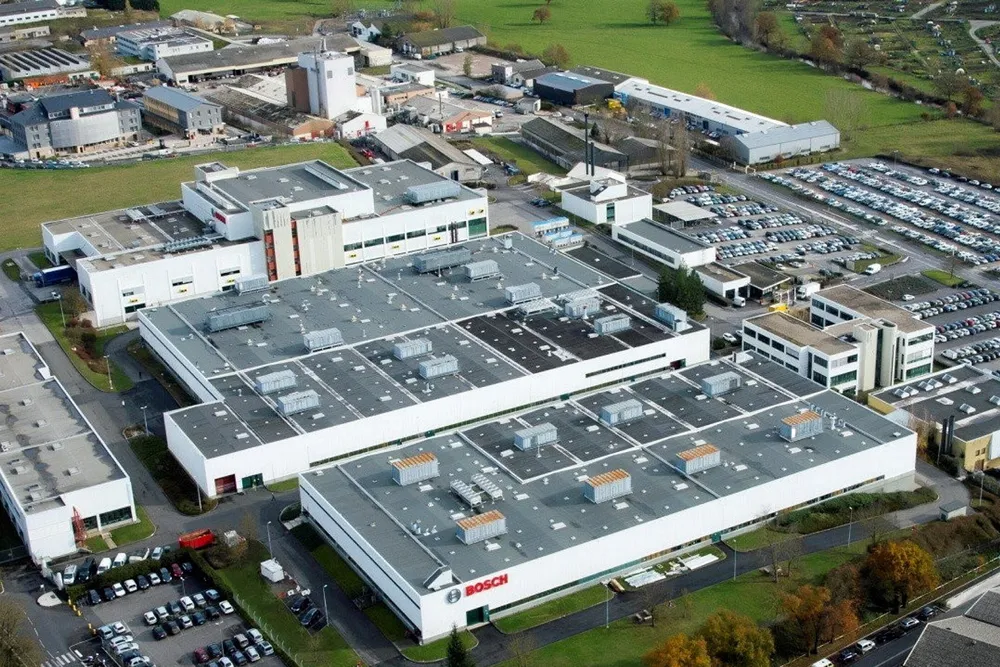Bosch factory may be closed after hydrogen fuel cell plan is suspended due to lack of customers
The German company says it 'does not have enough visibility on the development of the market'

The German company says it 'does not have enough visibility on the development of the market'
